We’ve been reading The Knowledge Illusion which challenges how we think about knowledge.
It reports attempts to estimate the storage capacity of the brain – if we think of our brains this way, then it turns out they don’t actually have much storage at all. Indeed, it turns out that much of our knowledge isn’t really stored in our brain.
For example, many of us claim to understand how everyday objects like bicycles and flushing toilets work. But when tested, many of us can’t really explain the mechanics. The “knowledge” isn’t in our heads, its out there in the devices around us. And knowledge is social: we rely on what others know, sometimes mistaking what others know for what we do. Knowledge is distributed.
Many learning programmes emphasise the amount of content they offer, but this may often not be making the best use of our intelligence. We may not be very suited to storing facts, recipes and procedures. We’re better at relating effectively to the people and events around us. The authors make the bold suggestion that we measure intelligence not by IQ tests, but by our capacity to contribute to our teams and communities. Not to be a silo of cleverness, but to know how to connect usefully to the things and people in our environment.
The book also casts light on the challenges of polarised politics. In the NY Times, Yuval Harari summarises these ideas this way:
“Scientists hope to dispel antiscience prejudices by better science education, and pundits hope to sway public opinion on issues like Obamacare or global warming by presenting the public with accurate facts and expert reports. Such hopes are grounded in a misunderstanding of how humans actually think. Most of our views are shaped by communal groupthink rather than individual rationality, and we cling to these views because of group loyalty. Bombarding people with facts and exposing their individual ignorance is likely to backfire. Most people don’t like too many facts, and they certainly don’t like to feel stupid.”
Overall, the book connects to one of favourite facilitation mantras: let the participants do the work. Not because we are lazy but because we know the power of connecting. Moments of discovery trump facts and figures every time. Our job is to create the space for those connections and discoveries to happen.
